Your cart is currently empty!
Author: RoYuMi
The Architecture of Japanese Temples and Shrines
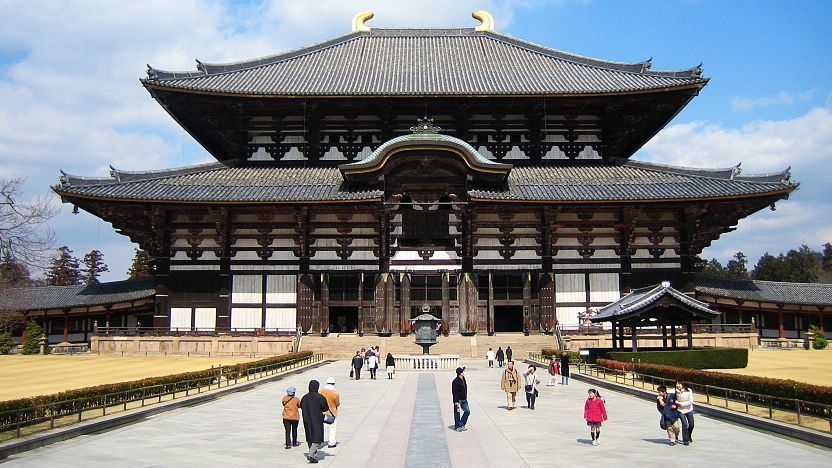
Japan is full of shrines and temples in both large cities and small towns. And no matter how far apart they are from each other, they all follow the same construction scheme . Shrines and temples are built in different architectural styles that can often be distinguished by the shape of the roof . These… Read more
Soy Cheesecake / Japanese Recipe
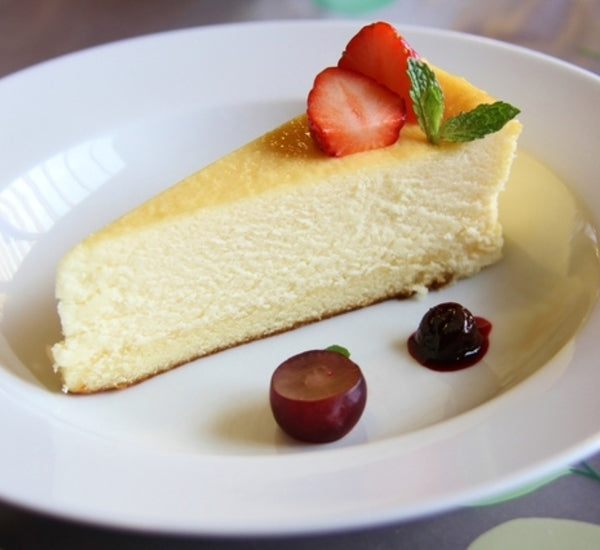
A healthier alternative to cold cheesecake. Made with a combination of soy milk and yogurt instead of cream, with a little yuzu juice for a hint of citrus. A creamy and tasty cheesecake, without the need to use the oven, perfect for the hot days ahead! *We recommend fruits such as strawberries, raspberries, grapes, etc.… Read more
The Empress Fujitsubo – Tales of Genji
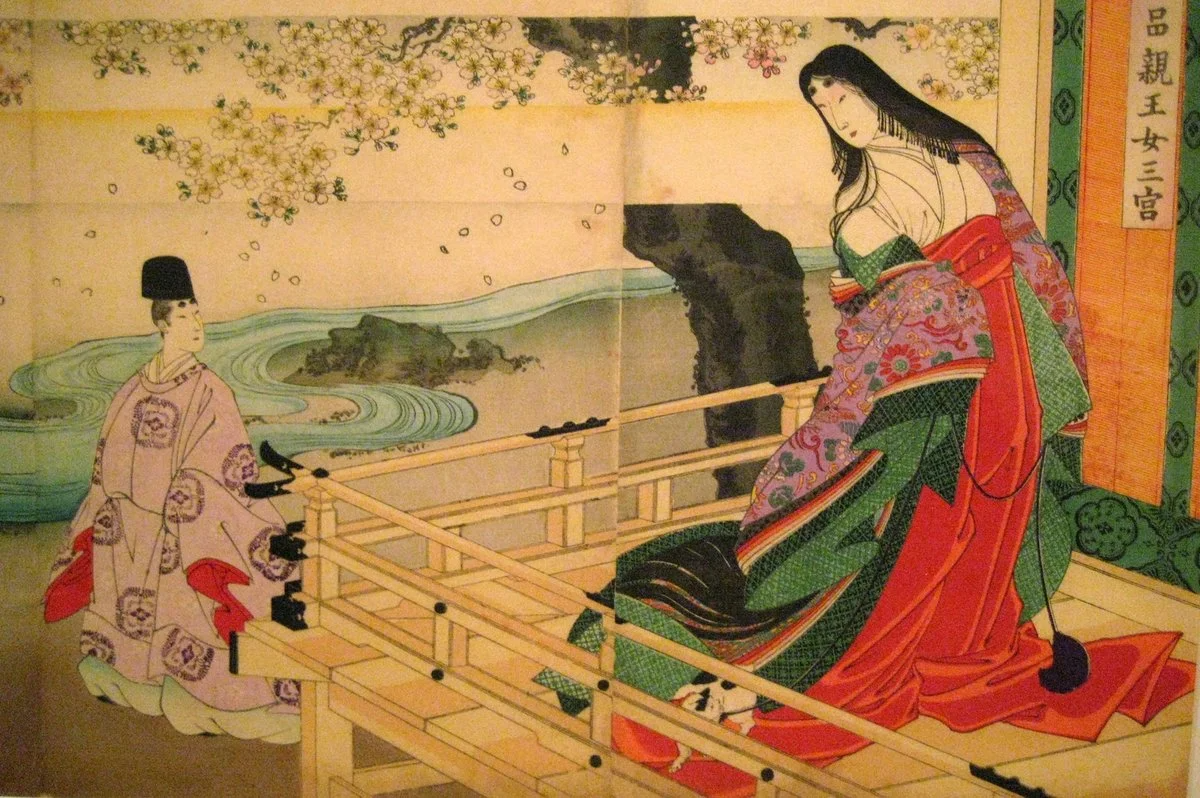
One of the important characters in the Tale of Genji ( Genji Monogatari 源氏物語) is Empress Fujitsubo . Although he only appears in the first part of the book’s story, his influence weighs heavily on everything that happens with the main character, Genji . The History of Genji was written by Murasaki Shikibu during the… Read more
Ayano Tsukimi and her Valley of the Dolls
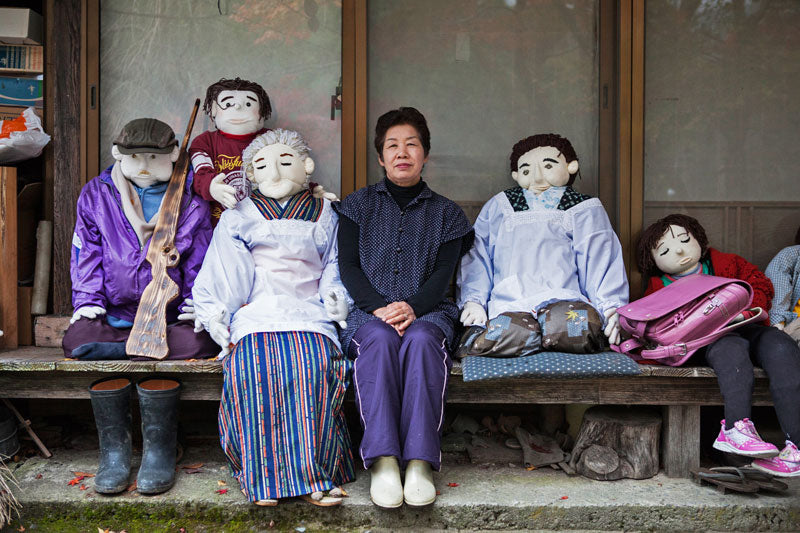
Ayano Tsukimi lives in Nagoro , a village in eastern Iya on Shikoku , one of Japan’s four main islands. This is a town that with each passing day runs out of inhabitants. For those who die or move away, Ayano Tsukimi makes life-size dolls out of straw and old clothes in the likenesses of… Read more
Japan – Basic information
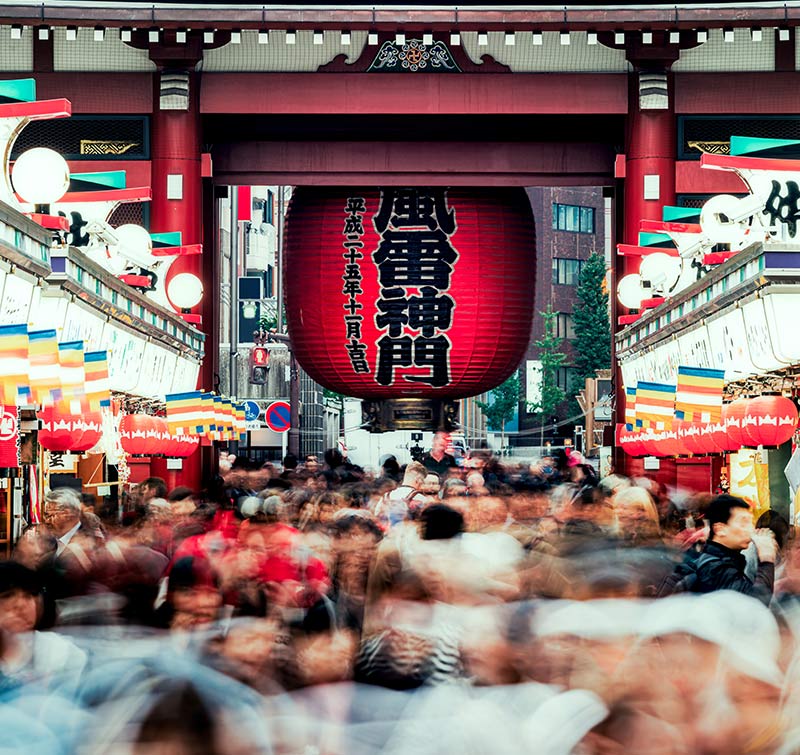
Learn the basic information of Japan, culture and details that will help you on your trip to Japan. Anthem and National Flag National flag Nisshoki, which translates as “rising sun”(also known as Hinomaru) Proportion and Position height : width = 2 : 3The rising sun or rise at the center of the flagDiameter: three fifths… Read more
せっかくなのに – It’s a Pity – It would be a Pity / Learn Japanese
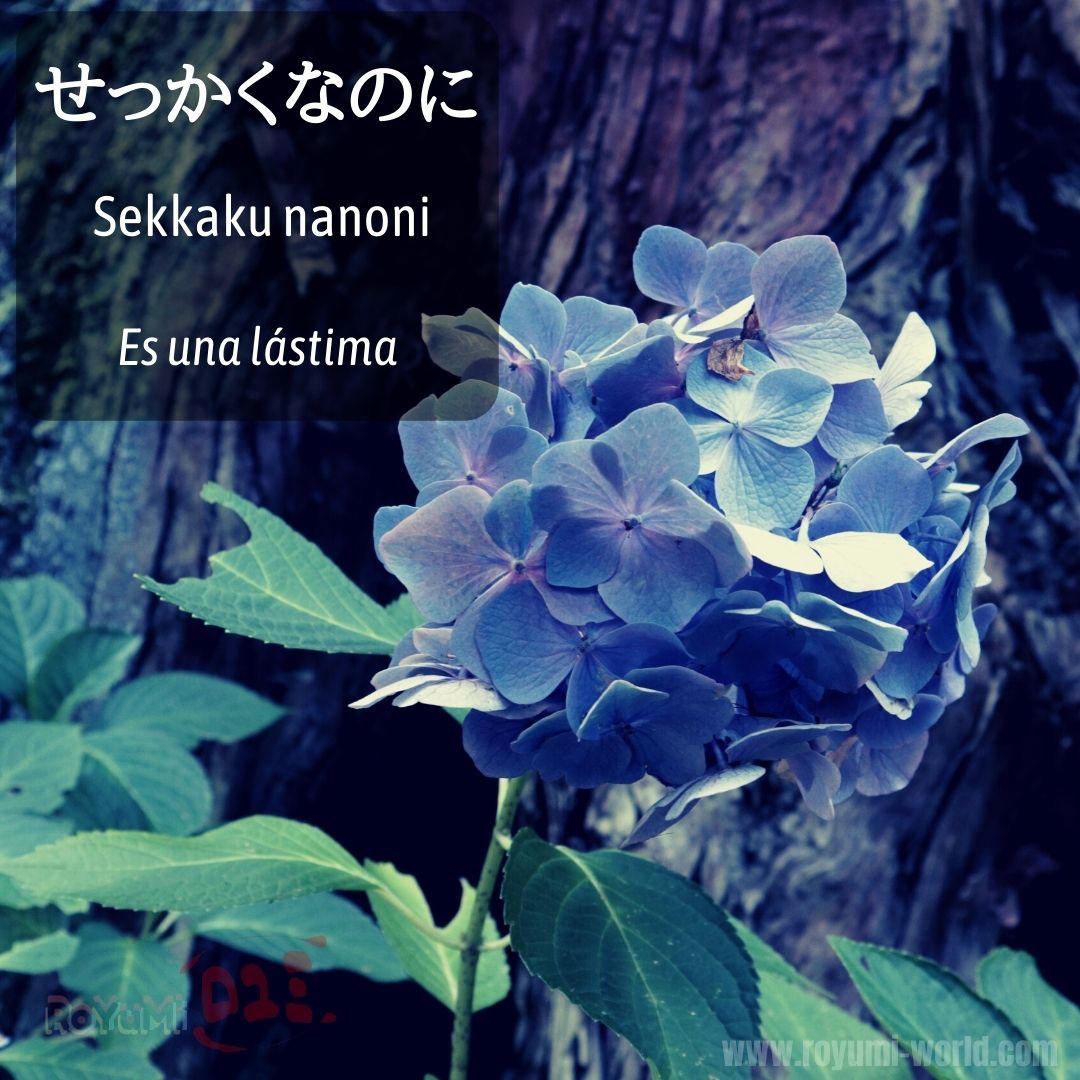
せっかくなのに – Sekkaku nanoni It’s a pity – It would be a pity ———————————– It is used to express disappointment at a missed opportunity or one that could be lost ———————————– A.フリーマーケット、雨で中止だって。 ふり-まーけっと、あめでちゅうじだって。 They say the bazaar was canceled because of the rain B.せっかくなのに、残念だなあ。 せっかくなのに、ざんねんだなあ What a pity, it’s a pity. Read more
Noren – Traditional cloth dividers in Japan
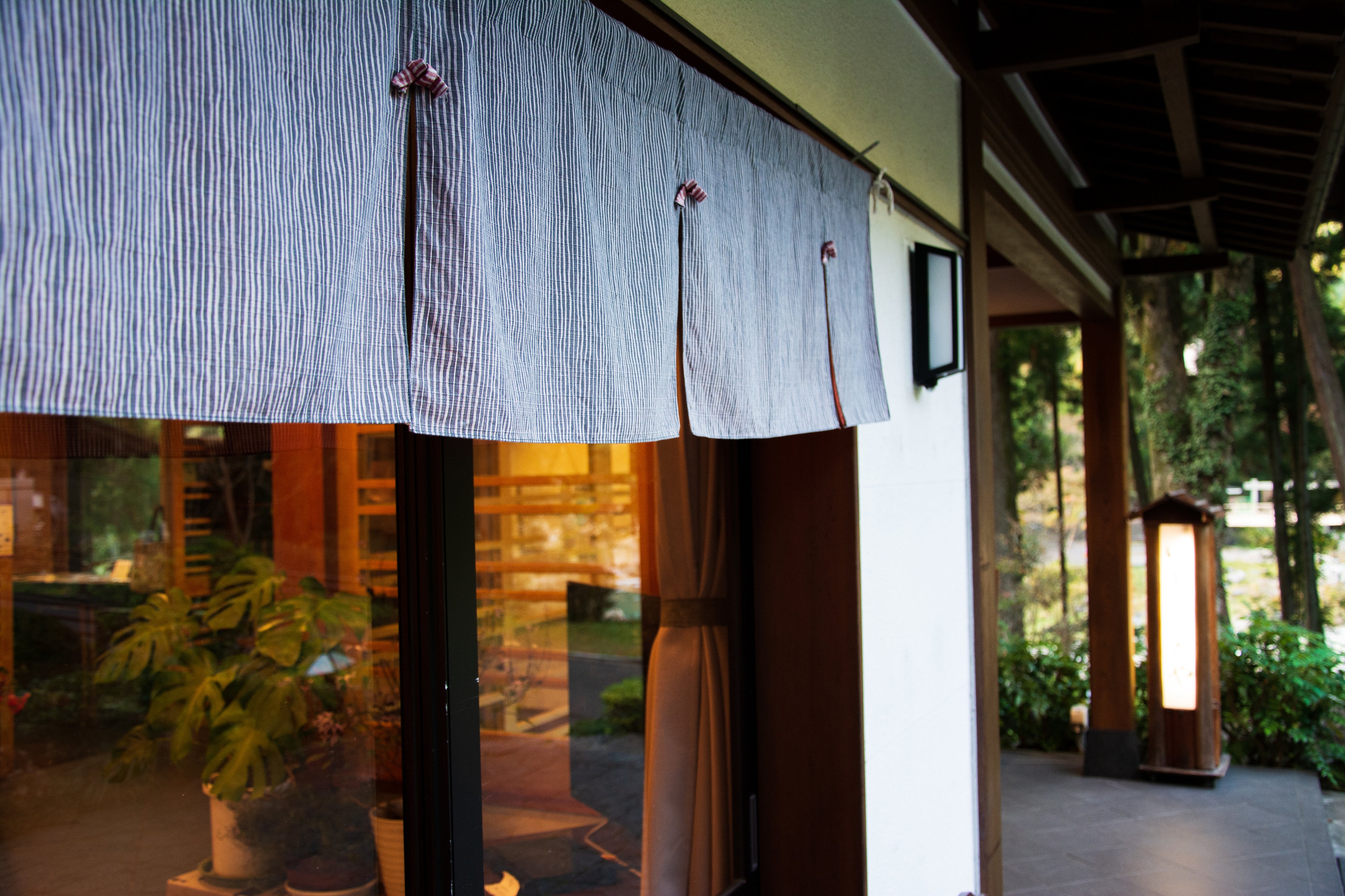
Noren (暖簾) are traditional Japanese cloth dividers that are hung between rooms, walls, doors, or windows. They generally have one or more vertical slits cut from the bottom to near the top of the fabric, allowing for easier passage or display. Noren are rectangular and come in different materials, sizes, colors, and patterns. Noren are… Read more
Yogetsu Akasaka – Buddhist Monk changing the perception of Spiritual Music
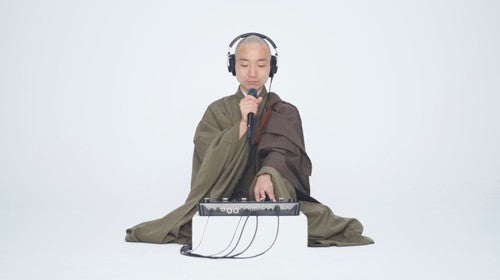
Yogetsu Akasaka is a Japanese Zen Buddhist monk who creates meditation music. But not the kind most people are familiar with. In the videos he uploads to YouTube, he stands in the middle of a white background, picks up a microphone and plays a loop machine. This practicing monk and music lover has amassed tens… Read more
Fūrin – Wind Chimes
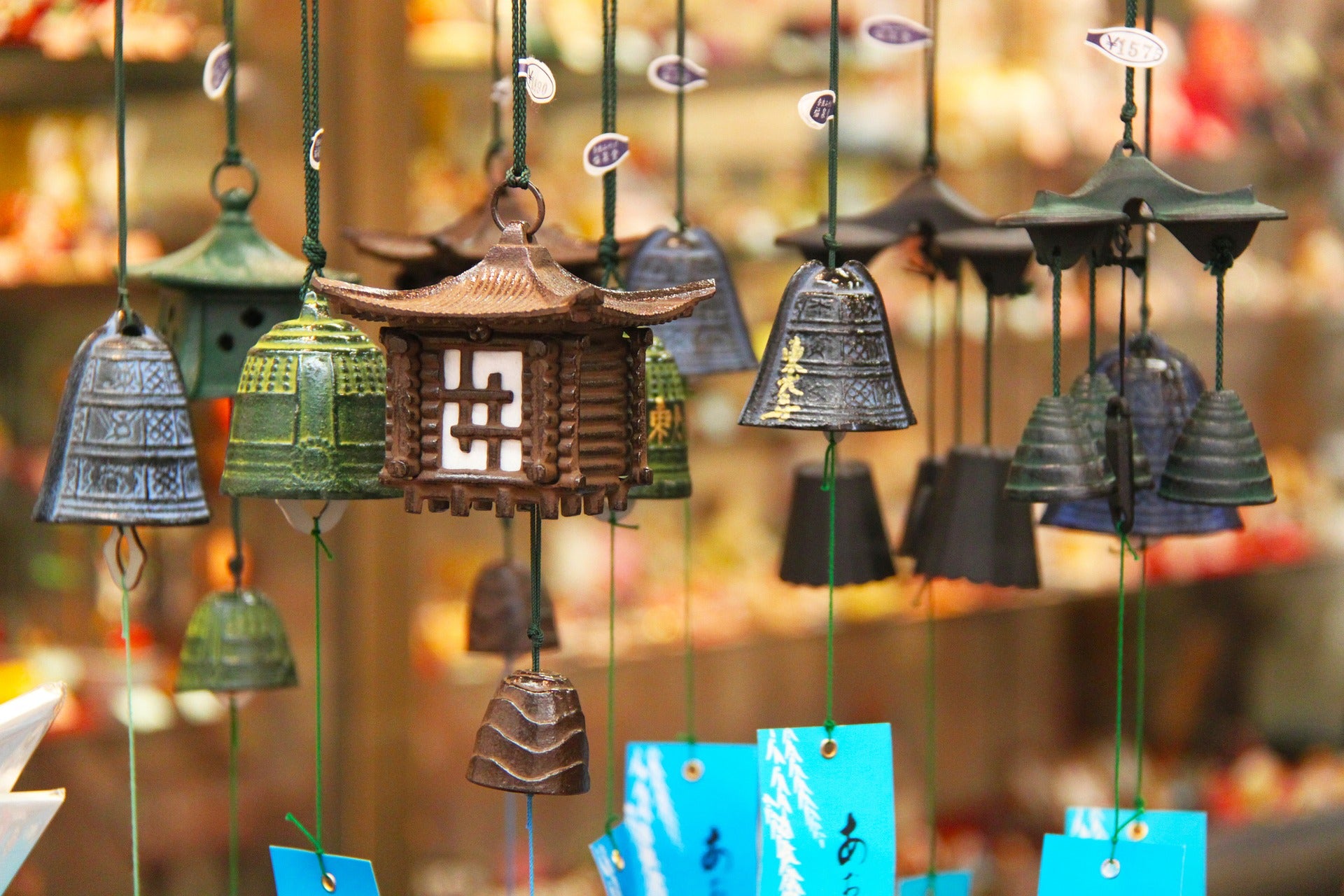
You have probably seen them in the manga or heard them in the anime, the fūrin are an important part of the very particular sounds of summer in Japan. These wind chimes ( fū風 means ” wind ” and rin鈴 means ” bell “) are hung outside or near windows and people enjoy the soothing… Read more
Ohashi – Chopsticks for eating in Japan
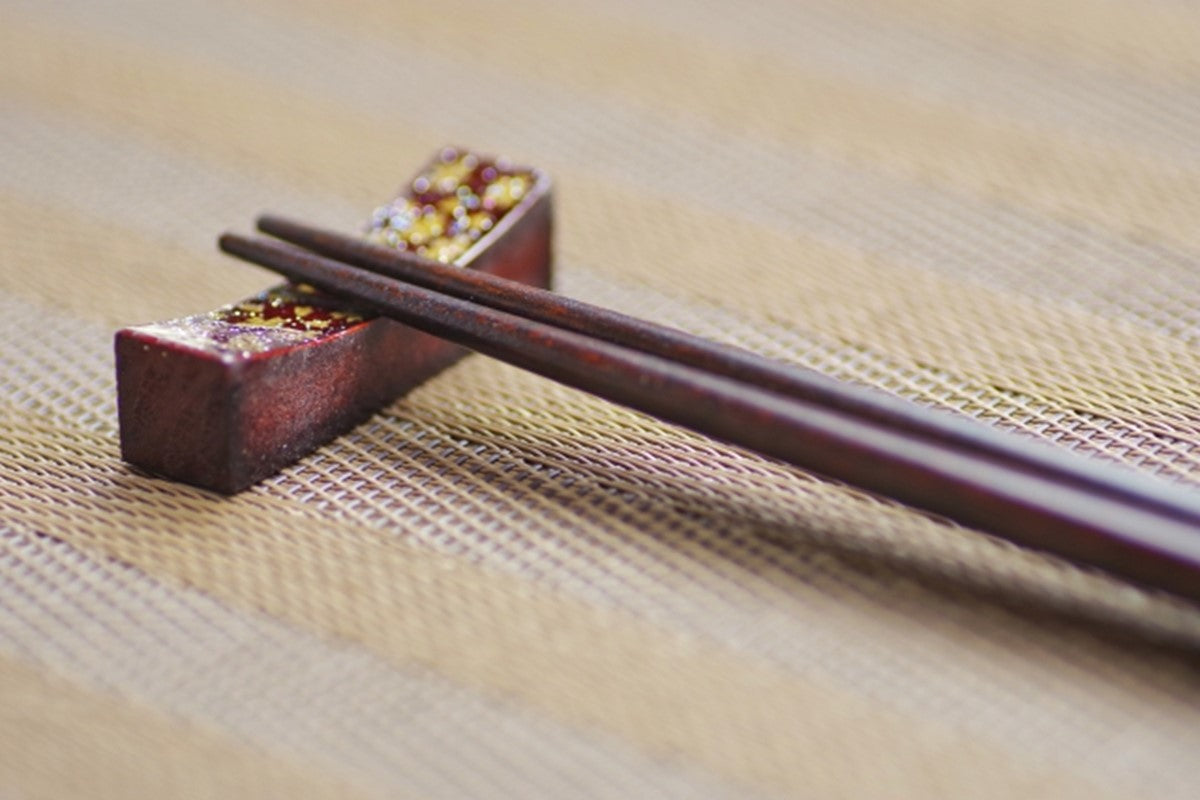
Known as ” Ohash i” or ” hash i” (in Japanese 箸), chopsticks are the most used food utensil in Japan since they are used to eat any type of ingredient or food: udon, ramen, meat, salad, rice, etc. etc. Like many other things, ohashi came to Japan via China. They are usually made of… Read more
